Brexit: Theresa May wants early deal on Britons in EU
- Published
- comments
Theresa May did not attend a later dinner with other EU leaders, as Laura Kuenssberg reports.
Theresa May has told EU leaders that she wants an early deal in Brexit negotiations on the status of Britons in Europe and EU citizens in the UK .
The PM attended a summit of EU leaders in Brussels before leaving while they discussed their approach to Brexit.
The remaining 27 agreed that the European Commission will take the lead role in negotiations.
Meanwhile Chancellor Philip Hammond has played down suggestions it could take ten years to reach a trade deal.
He told the BBC: "I don't expect that it will take as long as that," following reports that Britain's ambassador to the EU, Sir Ivan Rogers, suggested that others in Europe believed this could be the case.
The prime minister was in Brussels on Thursday for a European Council meeting. She left the summit without answering any questions on Brexit but Irish PM Enda Kenny told reporters that she had given an update on the Supreme Court case the UK government is involved with on whether it can act alone in triggering Article 50 - the formal start of Brexit.
He added: "She would like to have the question of UK citizens living in Europe and European citizens living in the UK dealt with in the early part of discussions that take place."
A Downing St spokesman confirmed on Friday that the prime minister had raised the issue and been clear she would like to see the issue resolved as soon as possible.
He said: "We have been very clear we want to extend those rights to EU citizens here, as long as there are reciprocal arrangements for British citizens across the EU."
The question of what will happen to the estimated 2.9 million citizens of other EU countries who have made their home in the UK in recent years is one of the most controversial arising from the UK's vote to leave the EU in June's referendum.
'Misleading'
The government has said it expects an early resolution of the issue once official talks on the terms of the UK's separation from the EU begin, something it plans to happen by next spring.
But it has not given any guarantees on their future status - saying this is impossible without similar safeguards for the estimated 1.2 million Britons living in Spain, France, Italy and other EU countries.
Mr Kenny also told reporters that the Irish Republic would not sign a bilateral trade deal with the UK and the UK had to agree its future relationship with the EU first.
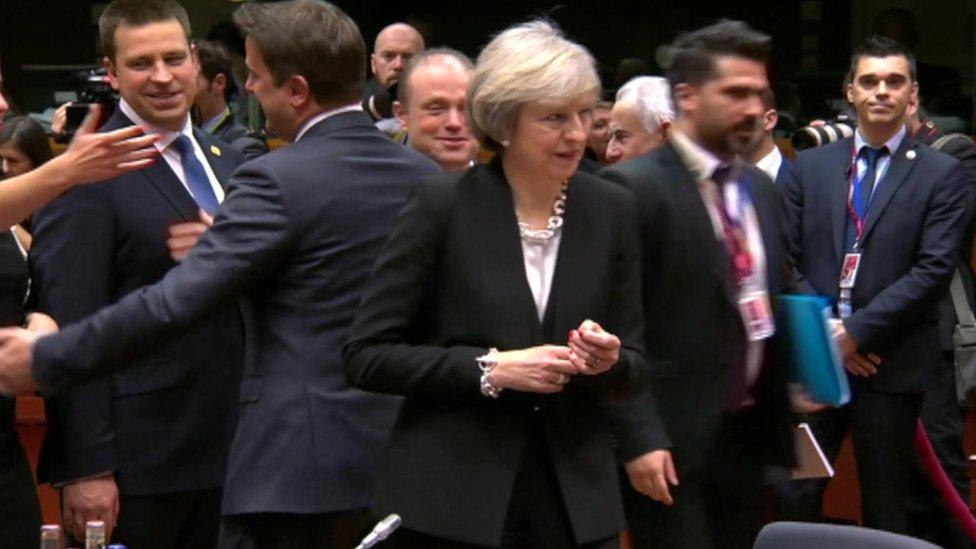
Mrs May was not invited to join the 27 EU leaders in their informal discussion of Brexit
Pictures from the summit which circulated on social media appeared to show Mrs May looking as though she had no one to talk to. However the BBC's Europe editor Katya Adler said other clips showed her chatting to EU leaders while German MP Stephan Mayer said reports of the PM being frozen out were "misleading".
Mr Mayer, who is home affairs spokesperson for the German Chancellor Angela Merkel, also told BBC Radio 4's Today programme that it was "reasonable" for the 27 EU leaders to meet without Mrs May, following the formal summit, to discuss their approach to Brexit.
The 27 agreed that European Commission official Michel Barnier will lead talks for the EU - although MEPs are said to want a greater say.
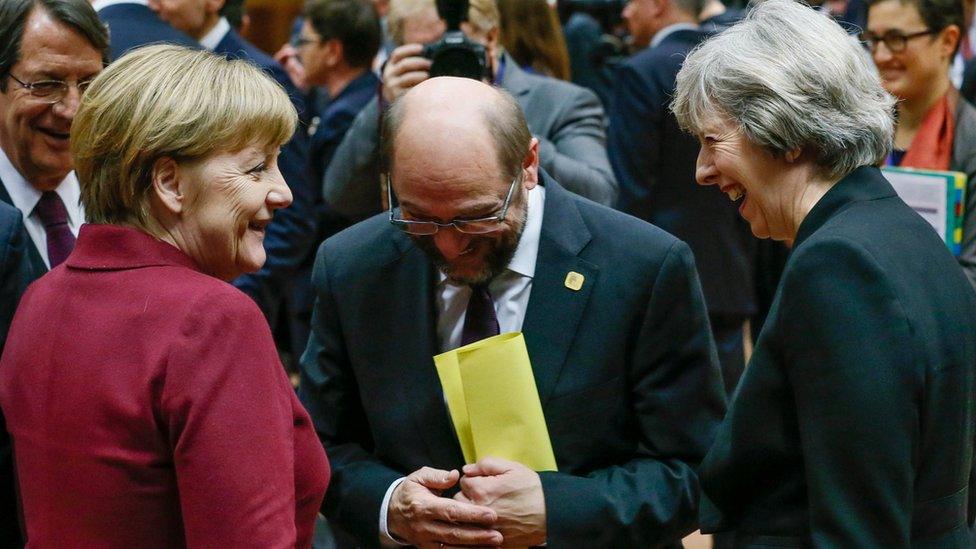
The PM shares a joke with the German Chancellor and the European Parliament president
European Council president Donald Tusk said the "short, informal meeting" had "reconfirmed our principles, meaning the indivisibility of the four freedoms, the balance of rights and obligations and the rule 'no negotiations without notification'".
European Parliament president Martin Schulz has warned that negotiations could be vetoed if MEPs are not fully involved.
Downing Street meanwhile has indicated that it would be possible to complete a "divorce deal" and a new trade agreement with the EU within the timetabled two years of the UK invoking Article 50 - the formal start of the process of leaving.
But Germany's Mr Mayer said that it would be "a bit naive" to think a trade deal could be done in two years.
"It's very ambitious to finish these negotiations within two years, it's a huge project."
Chancellor Philip Hammond told the BBC the UK would negotiate a Brexit deal and, once that has started, would "in parallel" begin to negotiate new trade arrangements with the EU.
Meanwhile, reports suggest that Britain could face a £50bn bill to leave the EU, including payments to cover pension liabilities for EU staff.
Downing Street said the UK would meet its obligations while in the EU, but any financial settlement after that would be a matter for negotiation.
At the summit, the leaders also discussed Syria, controlling mass migration into Europe, the EU's relationship with Ukraine, co-operation with Nato and economic matters.
- Published16 December 2016
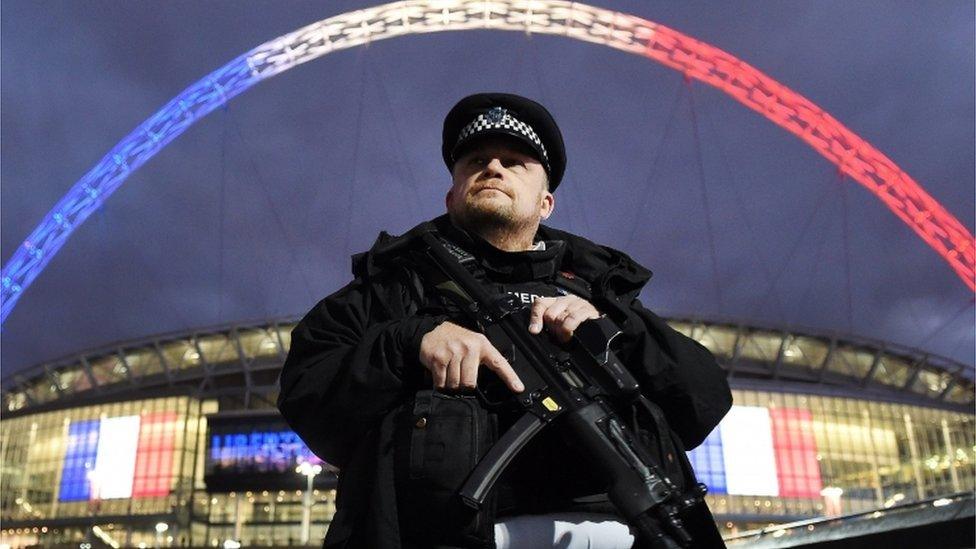
- Published15 December 2016
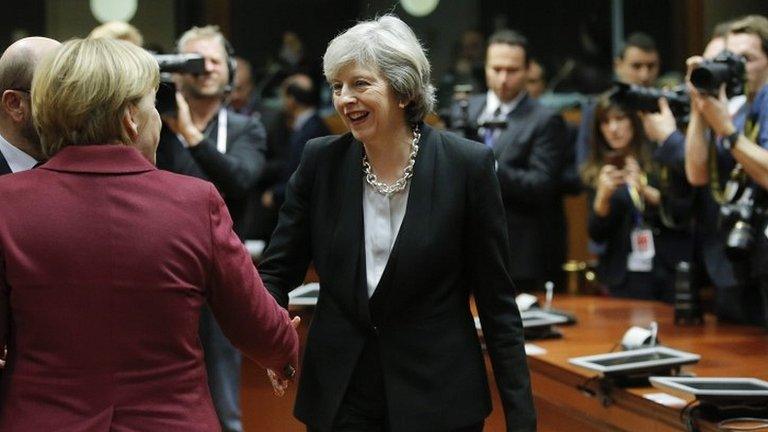
- Published15 December 2016
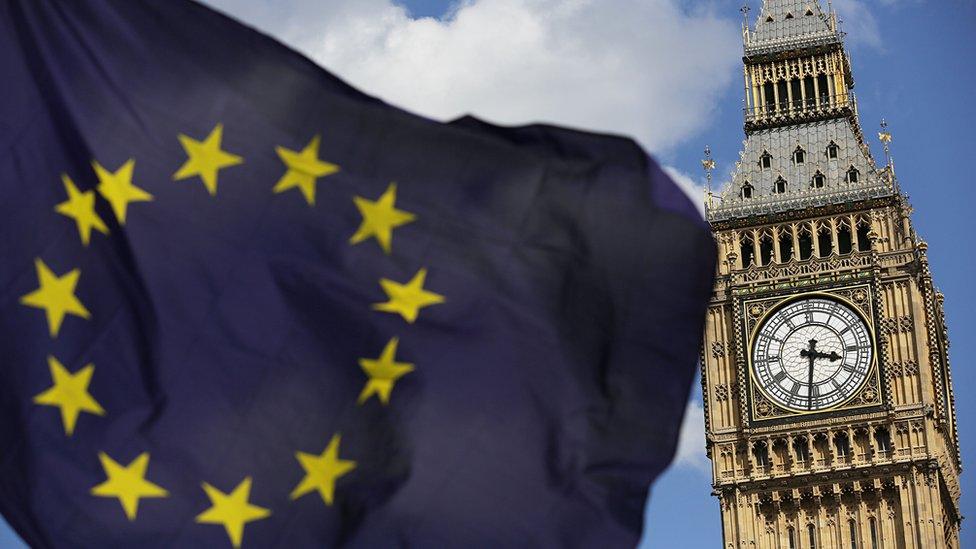
- Published15 December 2016
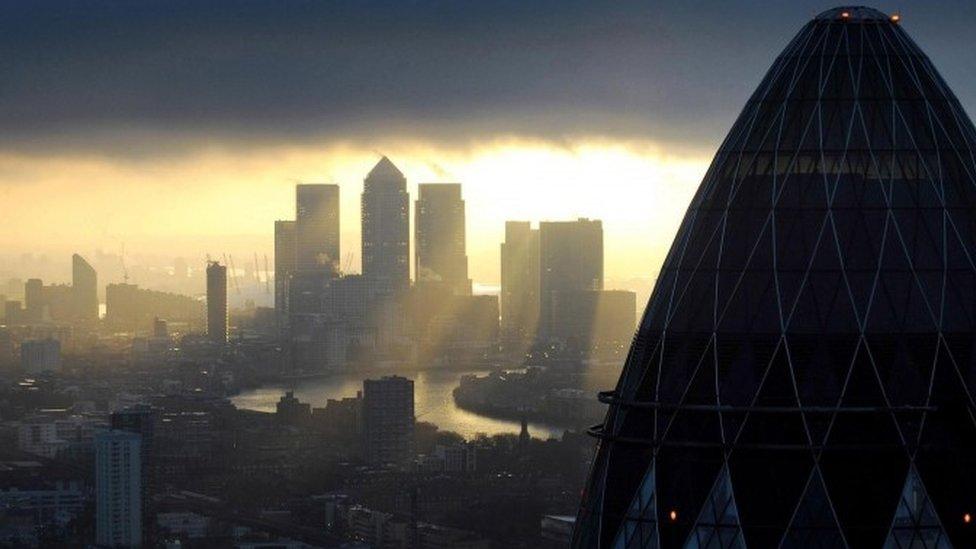
- Published30 December 2020
